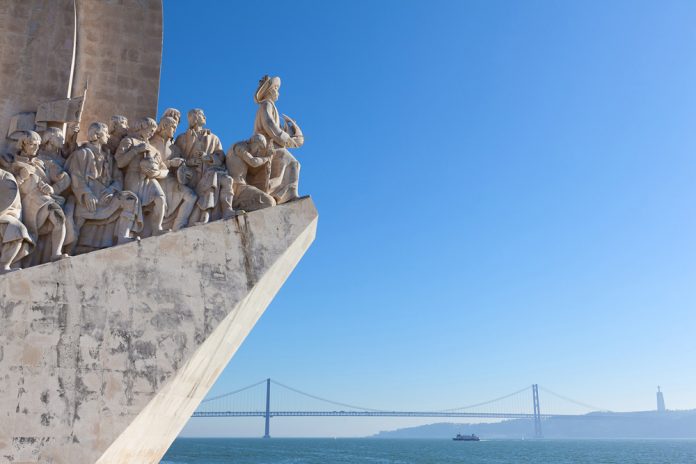Beyond traditional career paths in government, academia or NGOs, a new field is opening up in response to escalating exposure to water risks. The private sector and entrepreneurial start-ups are transforming roles and responsibilities to become part of the water solution.
By Alex Mung*
For five consecutive years, the World Economic Forum’s Global Risks Report 2016 has ranked water a top three global risk of “highest impact.”
What’s interesting is that the report surveyed almost 750 experts who are not water professionals. They don’t manage water, but recognise the dangers of water insecurity, and consider it one of the biggest threats to our global economy, especially over the next ten years.
The concern echoes recent studies and analysis. The International Food Policy Research Institute projects that 45 percent of total global GDP (US$63 trillion) will be at risk due to water stress by 2050. A study by the University of California, Davis estimated that in 2014, drought cost California–the world’s fifth largest food supplier–US$2.2 billion and 17,100 farm jobs.
While the economic impact and value at risk is troubling, the human and social cost from unsafe water is unconscionable. At least 1.8 billion people drink faecally contaminated water, 2.4 billion people still lack access to basic sanitation services, and 800 children die each day from preventable diseases caused by poor water, and a lack of sanitation and hygiene.
At no point in time are water professionals more sorely needed.
What is encouraging is that the workforce is responding in unorthodox ways. The traditional route to water has been working for a government, water utility, NGO, UN, or international organisations like the World Bank. Now, there’s a new field opening up. The private sector and entrepreneurial start ups are transforming roles and responsiblities to become an active part of the solution.
As companies become more water aware, all jobs are becoming–to some degree–water jobs. Consider commercial enterprise. The 2015 Global Water Report found that two-thirds of surveyed companies reported exposure to water risk, with impacts worth US$2.5 billion. They responded by integrating water into their corporate strategy plans, growth potential, and investment decisions.
Suddenly, whether you manage supply chains, production lines, due diligence or the financial viability of a potential project in a new market, your business decisions must consider water risk. You must weigh up the likelihood of potential disruptions from water scarcity, water pollution and tensions with neighbouring communities who lack safe water access.
Global brewing company SABMiller has publicly stated that while it wants to expand its presence in African growth markets like Nigeria and Zambia, both are risky due to water availability. Its existing brewing operations may even relocate, it warned, if competition between water resource users intensifies.
Beyond traditional sectors–agriculture, consumer brands, energy, and extractives–many new industries are connecting with water risk. A recent white paper examined the impacts of water stress and scarcity on tourism in the Asia-Pacific region. The arrival of 500 million tourists in 2014 added tremendous pressure on a region where three out of four countries are already suffering water stress. Insufficient, unreliable, and poor quality water could limit growth and deter tourism, hurting an industry that last year employed 284 million people.
The emergence of new technologies combined with water conscious companies is also creating exciting opportunities for new innovative products, and new business models.
Nike is incorporating into their product manufacturing a new technology, developed by DyeCoo Textile Systems, that can dye polyester textile without the use of water or chemicals. By saving water, it also saves 60 percent of energy, and 40 percent of process time. If this technology process, can be incorporated and used with dye houses, textile manufacturers, and other brands, the positive upside for water quantity and quality would be significant.
The challenge is to scale these innovative ideas, business models and partnerships in ways that mobilise an even wider movement in support of the water agenda. Recognising this, the UN Secretary General, Ban Ki-moon, and President of the World Bank, Jim Yong Kim, have convened a High-Level Panel on Water to mobilise urgent action on the Sustainable Development Goal (SDG) for water, sanitation and related targets. Composed of 10 heads of government from developing and developed countries, and co-chaired by the President of Mauritius and the President of Mexico, the Panel is a unique and important opportunity to raise the water agenda to the highest political level.
Through the guidance and coordination of the UN and World Bank, the World Economic Forum’s Global Water Initiative will leverage its networks and platforms–together with other leading organisations–through an informal complementary, globally representative multi-stakeholder track, designed to be an open and inclusive platform to support the High Level Panel. Can we–together through the power of collaboration, innovation, and entrepreneurship–help shape a new water world?








